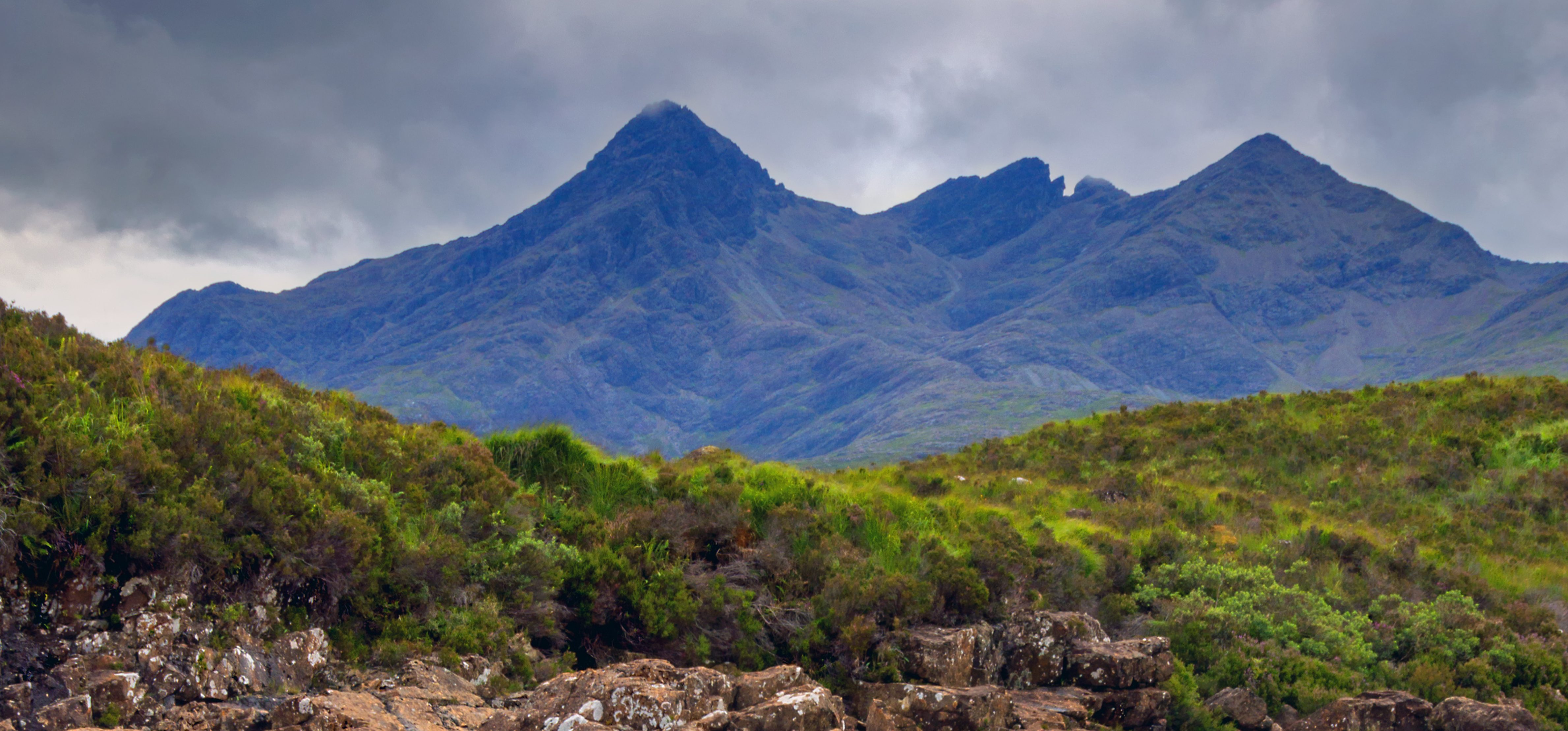Letter to the First Minister of Scotland
UPDATE 20/05/2024
The portfolios of Cabinet Secretaries and Ministers have been announced: Màiri McAllan MSP (Cabinet Secretary for Net Zero and Energy) will be responsible for green skills; nature recovery targets and NatureScot; Scottish Environment Protection Agency (SEPA); among other things. The Cabinet Secretary is supported by Gillian Martin MSP (Minister for Climate Action), whose responsibilities include biodiversity.
Mairi Gougeon MSP (Cabinet Secretary for Rural Affairs, Land Reform and Islands) will be responsible for forestry and woodlands, including Forestry and Land Scotland and Scottish Forestry; national parks and natural heritage; and the Scottish Land Commission as part of a wide ranging remit. The Cabinet Secretary is supported by Jim Fairlie MSP (Minister for Agriculture and Connectivity), whose responsibilities include agriculture and natural resources and peatland.
On 14th May 2024, CIEEM wrote to the First Minister of Scotland, John Swinney, on the subject of maintaining progress on Scotland’s biodiversity and climate crises:
Dear John Swinney,
Congratulations on your appointment as First Minister for Scotland and on the appointment of your cabinet.
We, the Chartered Institute of Ecology and Environmental Management (CIEEM), are writing as the leading professional body representing ecologists and environmental managers across the UK, Ireland, and abroad, including over 7,500 members of which 750 are in Scotland.
At this critical time for biodiversity in Scotland and globally, we urge you to:
- Make biodiversity and green skills explicit ministerial responsibilities — these are crucial to a resilient Scotland, and not making them explicit parts of a ministerial portfolio risks them being overlooked.
- We would like to know which portfolio(s) will encompass these important areas?
- Deliver the planned Natural Environment Bill within this parliament and with statutory nature targets that are specific, measurable, achievable, relevant and time-bound (SMART).
- Maintain the Nature Restoration Fund — this has delivered tangible outcomes for nature restoration across Scotland and is now a cornerstone of funding.
Scotland’s biodiversity is among the most depleted in the world [1] [2] and is still in decline [3]. Rightly recognising that we are facing twin biodiversity and climate crises, the Scottish Government have, to date, taken positive steps to address these, as reflected in the National planning Framework 4 (NPF4), as well as in the ambition of the Strategic Framework for Biodiversity, both of which we welcome.
The Nature Restoration Fund and Natural Environment Bill are critical to restoring a healthy natural environment and resilient ecosystem services. These will benefit the nation’s health and well-being, and underpin a strong economy that otherwise faces stark nature-related financial risks, as quantified in this recent report from the Green Finance Institute4. Also note research from PwC in 20235 that found that 55% of the global economy is moderately or highly dependent on nature; given Scotland’s natural resources, it is reasonable to expect our economy is at least proportionally dependent on nature.
As a minimum, progress on addressing these crises must be maintained.
We would welcome the opportunity to support you in your role to ensure the transformative change needed to address the current biodiversity and climate emergency. Please contact Dr Annie Robinson, based in Aberdeenshire, and Ashley Buchan, based in Edinburgh, who coordinate our policy and engagement work, if we can be of any assistance.
Yours sincerely,
CIEEM Vice President
Dr Caroline McParland CBiol MRSB CEnv MCIEEM, based in Glasgow.
[1] SPICe (2021). How does Scotland’s biodiversity measure up?
[2] The Biodiversity Intactness Index – country, region and global-level summaries for the year 1970 to 2050 under various scenarios
[3] State or Nature Report (2023): Scotland
